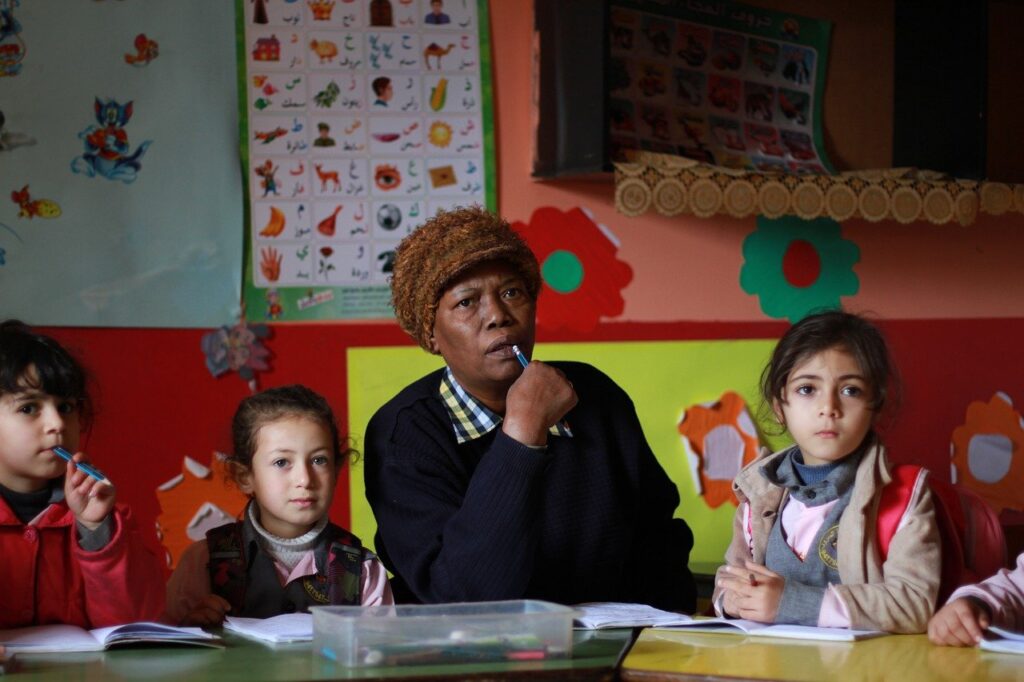Inclusive Education: A Pathway to Equal Opportunity for All
Inclusive education represents a profound shift in the way we approach learning and teaching, prioritizing equality, accessibility, and diversity. It is an educational philosophy that ensures every student, regardless of their individual characteristics, has the opportunity to succeed in a supportive and welcoming environment.
Understanding Inclusive Education:
Inclusive education is grounded in the principle that every student has inherent value and potential. This approach integrates students of all backgrounds and abilities into mainstream classrooms, fostering an environment where diversity is celebrated and every student’s needs are met.
Core Principles of Inclusive Education:
-
Equity and Accessibility: At the heart of inclusive education is the commitment to provide all students with equitable access to learning opportunities. This means recognizing and addressing various barriers—whether they be physical, cognitive, or socio-emotional—to ensure that each student can participate fully in the educational process.
-
Respect for Individual Differences: Inclusive education values the unique strengths and perspectives of each student. By appreciating and leveraging these differences, educators create a richer, more dynamic learning environment that benefits everyone.
-
Flexible and Adaptive Teaching Methods: To cater to the diverse needs of students, inclusive education requires adaptable teaching strategies and materials. Educators must employ varied instructional techniques to address different learning styles and abilities, ensuring that every student can engage with the curriculum effectively.
-
Collaborative Support Networks: Effective inclusive education involves collaboration among teachers, parents, and the wider community. Building a strong support network ensures that students receive the necessary resources and encouragement, creating a more comprehensive and effective educational experience.

Benefits of Inclusive Education:
-
Enhanced Academic Outcomes: Students in inclusive settings often experience improved academic performance. Personalized support and a more engaging learning environment contribute to better understanding and retention of material.
-
Social and Emotional Growth: Inclusive education promotes interaction among students from diverse backgrounds, fostering social skills such as empathy, cooperation, and communication. These interactions help students build meaningful relationships and navigate social dynamics more effectively.
-
Preparation for a Diverse Society: Exposure to diverse perspectives within the classroom prepares students for life in a multicultural world. They learn to appreciate and respect differences, which is essential for success in an increasingly globalized society.
-
Fostering a Culture of Inclusion: By embracing diversity and promoting inclusivity, schools create an environment where all students feel valued and supported. This culture of inclusion not only benefits students but also enriches the educational experience for everyone involved.
Challenges and Strategies for Implementation:
Despite the clear benefits, implementing inclusive education can present challenges. Schools may face issues such as limited resources, resistance to change, or the need for specialized training. Addressing these challenges requires a proactive approach:
-
Invest in Professional Development: Providing teachers with ongoing training and resources on inclusive practices helps them develop the skills needed to support diverse learners effectively.
-
Promote Inclusive Policies: Schools should establish and enforce policies that support inclusivity and ensure that all students have access to necessary accommodations and resources.
-
Encourage Community Engagement: Engaging with parents, caregivers, and community organizations can build a support network that reinforces the principles of inclusive education.
In conclusion, inclusive education is a vital component of a just and equitable society. By fostering an environment where all students can thrive, we not only enhance individual potential but also contribute to a more inclusive and compassionate world.




